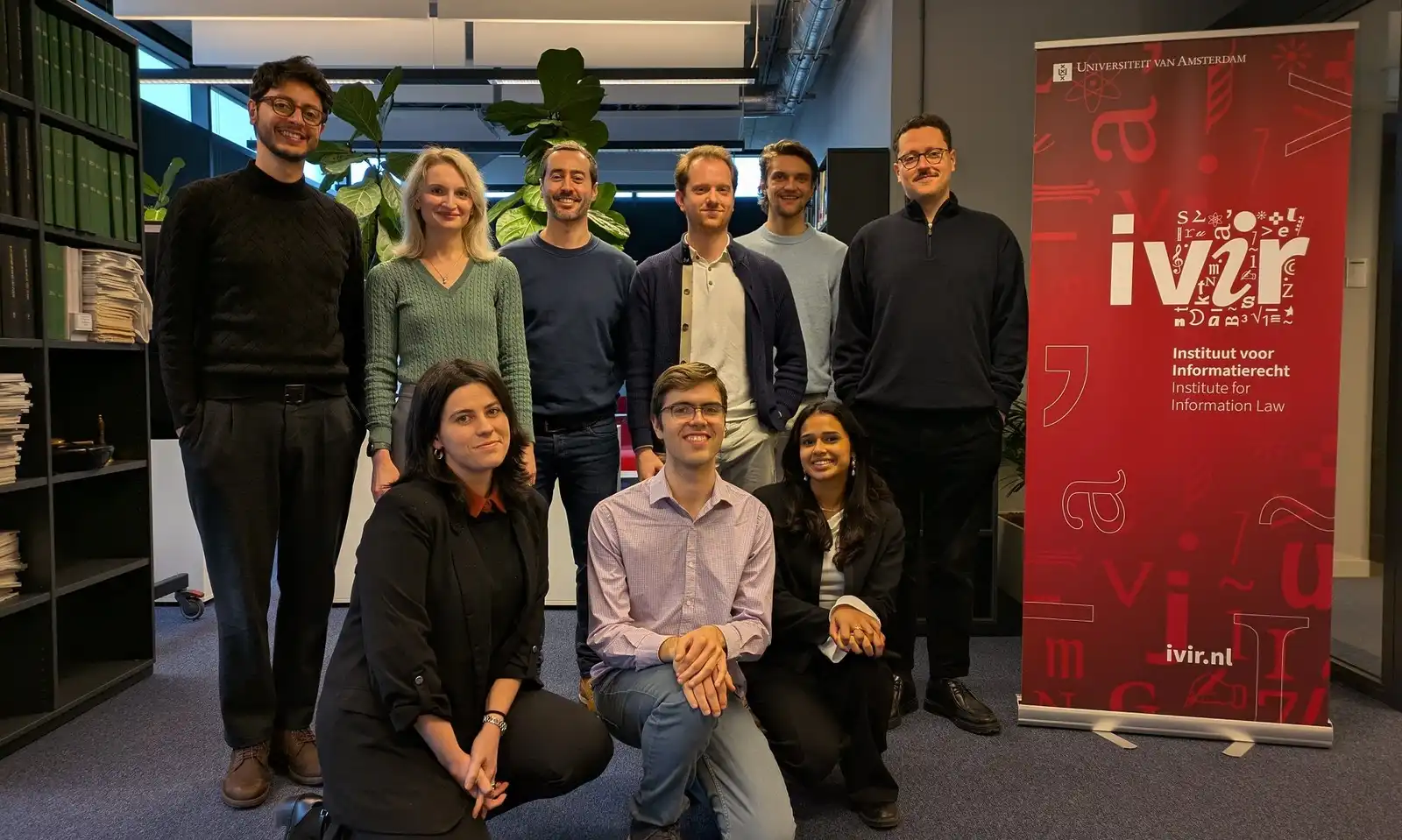
Home>The Clinic>Digilaw
The Clinic: Digilaw
The objective of DIGILAW is to train and work with law students to find concrete solutions to a practical problem:
- How can the values and rights needed to sustain democracies and the common good be upheld and ensured in our digital world?
- What is the role of the law in this environment where technologies, infrastructures, big players and users themselves construct normativities beyond the law itself?
Indeed, from the early decentralized infrastructure of the Internet, that held the promise of a space independent of the tyrannies of the Governments of the Industrial world, the Internet is now largely dominated by seven technology companies whose business practices, and AI intermediated decision-making, can be harmful for society and democracy. It has also become a tool that can facilitate discrimination, reinforce inequalities, unleash hate speech and disinformation, and allow for censorship and increased surveillance by governments.
Awareness is hence growing that in cyberspace, as in real space, safeguarding rights and sustaining order to protect the common good is crucial.
DIGILAW will involve teams of students and researchers working on action-research projects addressing these issues, designed in collaboration with a range of partners from civil society, public institutions and private actors.
The DIGILAW clinic is funded as part of the New Digital Rule of Law project with Project Liberty’s Institute (former McCourt Institute).
Pedagogical team
The DIGILAW clinic programme is taught in English and is coordinated by :
- Lucas Costa Dos Anjos, postdoctoral researcher, teacher and coordinator of the DIGILAW clinic
- Beatriz Botero Arcila, academic supervisor and lecturer of the required DIGILAW clinic course
- Anamaria Munoz, doctoral student and tutor
- Lyubomir Nikiforov, PhD Researcher at the Vrije Universiteit Brussel / Brussels Privacy Hub and tutor
Projects 2024-2025
This project seeks to address the accessibility challenges surrounding harmonized public safety standards in the European Union. These standards, mandated by the European Commission and integrated into national laws, were recently deemed "EU Law" by the EU Court of Justice (Case C-588/21). Despite their critical public safety implications, these standards are often subject to restrictive copyright claims, exorbitant fees, and general inaccessibility.
The initiative will involve Sciences Po students working in a project aiming to advocate for greater transparency and access to these standards. Students will submit formal requests to acquire several specific standards from French authorities such as AFNOR or the French government, leveraging French public records law and the EU court decision. If these requests are denied, students will proceed with administrative appeals to further their case. Parallel efforts will be conducted in the Netherlands to examine the transposition of the EU court ruling into national frameworks.
By the project's end, a comprehensive report will be drafted by teams from France and the Netherlands, detailing their findings and providing comparative insights into how different countries approach the accessibility of public safety standards. The report will be released in March, followed by briefings to stakeholders, including government officials, industry representatives, and the press.
The project offers a unique educational experience, blending administrative law practice with broader strategic advocacy, and provides students with the opportunity to compare European systems with similar initiatives in jurisdictions like the US and India. Students will gain hands-on experience in administrative procedures, legal research, and cross-jurisdictional collaboration, fostering both practical skills and a deeper understanding of public interest law.
- Partner: Public.Resource.Org, Inc.
- Tutor: Lyubomir Nikiforov
The clinical project inquires into certain aspects of algorithmic predictive justice with a focus on the role of algorithmic surveillance in criminal cases concerning terrorist suspects in France. Through the research we conducted during the 2023-2024 academic year, we were able to confirm our working hypothesis according to which intelligence gathered at the early stage of (algorithmic) watch-listing has been increasingly used as evidence in criminal trials to prosecute and sentence potentially dangerous individuals before any violent act has been committed.
By partnering with lawyers of the current Conférence du Stage cohort, the Observatoire International des Prisons, Rémi Carayol (journalist at Médiapart and le Monde Dipomatique), and a myriad of different actors in the French criminal legal system, the first part of the project chronicled how some court decisions and prison sentences are heavily based on public and private information derived from intelligence.
It also developed a detailed account of the legal infrastructure making this possible and identifies the legal actions available to contest these processes. For the second year of the project, the emphasis is on expanding on the most relevant aspects -already identified- of algorithmic surveillance in France, paying attention to the intersections between private and public actors shaping the narratives, aesthetics and rationales behind this phenomenon. As such, it investigates how algorithmic surveillance is deployed to legitimize pre-determined conclusions (sometimes even prison sentences) around individuals deemed as dangerous.
- Partner: Sciences Po Law School, assistant professor Rebecca Mignot-Mahdavi
- Tutor: Anamaria Munoz
Advancing information transparency: DIGILAW clinic programme and IViR examine public access to harmonized standards

On 11th February 2025, students from DIGILAW clinic programme participated in a research exchange at the Institute for Information Law (IViR) at the University of Amsterdam, engaging in a comparative legal analysis on public access to harmonized safety standards within the European regulatory framework.
Meeting with Lucas Costa Dos Anjos

Lucas Costa Dos Anjos is a Postdoctoral Researcher, a Teacher and a Coordinator of the DIGILAW Clinic
Meeting with Julia Vieira and Emma James

They share with us their experience about the Clinic project "Digital identity and the right to opacity".